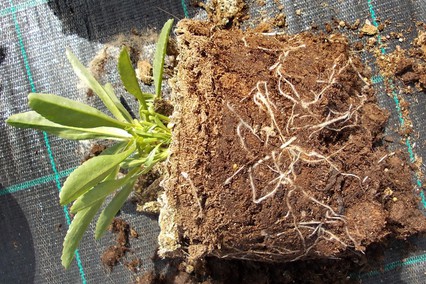Description
Horticulture is the study of plant physiology and propagation. Horticulturists use their knowledge in botany, plant and soil science. Horticulturists are involved in the growing, distributing and selling of food crops and plants.
Seedling growers and horticulturists may specialise in field crops, protected growing (for example, under glass), soft and top fruit, hardy nursery stock and cut flowers. They can work at plant and tree nurseries, their clients may be different people, private gardeners, supermarkets and DIY stores. Some horticulturists may plan, organize, direct, control, and coordinate activities of other workers engaged in this field.
Tasks:
- Undertaking all aspects of husbandry and production including preparation, growing and harvesting
- Determine plant growing conditions, such as greenhouses, hydroponics, or natural settings, and set planting and care schedules
- Prepare soil for planting, and plant or transplant seeds, bulbs, and cuttings.
- Cut and prune trees, shrubs, flowers, and plants
- Determine types and quantities of horticultural plants to be grown, based on budgets, projected sales volumes, and/or executive directives.
- Select and purchase seeds, plant nutrients, disease control chemicals, and garden and lawn care equipment.
- Managing pest, disease and weed control programmes, commensurate with hygiene and health standards
- Marketing and selling produce, depending on crop, season and market demand
- The planning and running of transplanting lines in glass houses as products change throughout the year
- Communicating effectively with customers, working colleagues and professional groups, both orally and in writing, through briefings, reports and presentations
Key skills for horticulturist:
- Initiative
- Commercial awareness
- Good problem solving
- Communication and teamworking
- Practical cultivation skills
- Physically fit and capable of working well under the pressure of meeting tight deadlines
Average salary (2013):
The United Kingdom: £30,000 per year
The United States of America: $40,400 per year
Australia: AU$50,100 per year
Qualifications and training required:
Formal academic qualifications are not essential for entry into the profession, but degrees in horticulture, agriculture, soil/earth sciences, environmental science or crop/plant science are beneficial. Although the opportunity to work at a basic level in horticulture is still open to all, it is now more common for new entrants to have a horticultural qualification. There is a wide range of non-degree level qualifications available, including certificates and diplomas.
Practical paid or voluntary work experience (such as crop growing, retail etc.) is essential. This can be gained via work shadowing, vacation jobs, placements and short-term contracts. A full driving licence is usually required and applicants should be physically fit and able to work in physically demanding environments.
Companies in profession
Best students in profession
Professions you might be interested in
Virtual internship
Company recommended study programs
Lauksaimnieku organizāciju sadarbības padome
1 recommendations
DĀRZKOPIS
Bulduru Dārzkopības vidusskola
- 5 company recommendations


